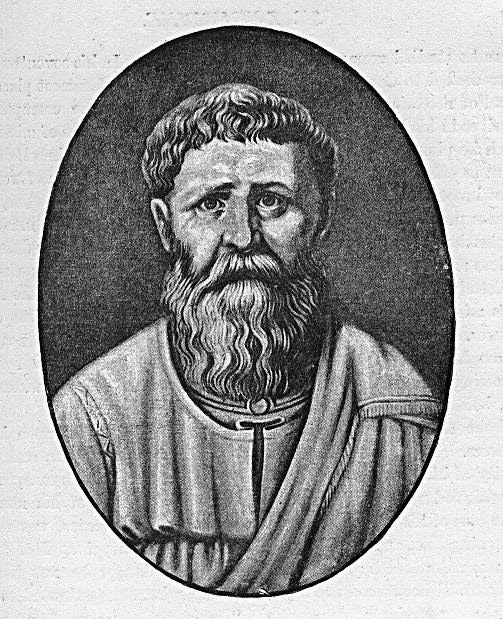New grant: Augustine's anthropology
The ITN coordinator, Prof. Anders-Christian Jacobsen, has received a generous grant from The Danish Agency for Science, Technology and Innovation. The new research network will investigate the idea of the human in the theology and philosophy of Augustine of Hippo, especially how he views human freedom and dignity.

The purpose of the network activities is to investigate this Augustinian tradition and to see whether there are resources in or outside this tradition which can be employed to bring the Western Christian and the non-religious modern concepts of human beings in touch with each other. The specific focus is the idea of the human in the theology and philosophy of Augustine of Hippo, especially how he views human freedom and dignity. Several earlier trends in ancient theology and philosophy were brought together in Augustine’s thinking. He thus combines biblical interpretation with Platonic philosophy and Manichean ideas. Augustine’s concept of human beings is thus a blend of previous traditions. This makes his ideas unique. Furthermore Augustine’s concept of human beings was extremely influential in the history of theology and philosophy in the Western civilization. Through the Medieval times and especially at the time of the North-West-European reformations Augustine’s ideas were dominating. According to Augustine humans were only free and dignified beings until the first human beings sinned and lost their freedom and dignity. According to Augustine sin was passed on through all generations and therefore all human beings are presently without freedom and dignity. Sin is inherited by every new generation. Human freedom and dignity can only be restored through Christ’s saving acts which do not include all humans, but only the few elected. Even though this understanding of human beings as profound sinners opposes the widespread modern concept of freedom and dignity as universal and indisputable characteristics of humans, it still remains a core feature of Western Christianity, especially Protestantism. It is this clash of ideas that the network aims to investigate.